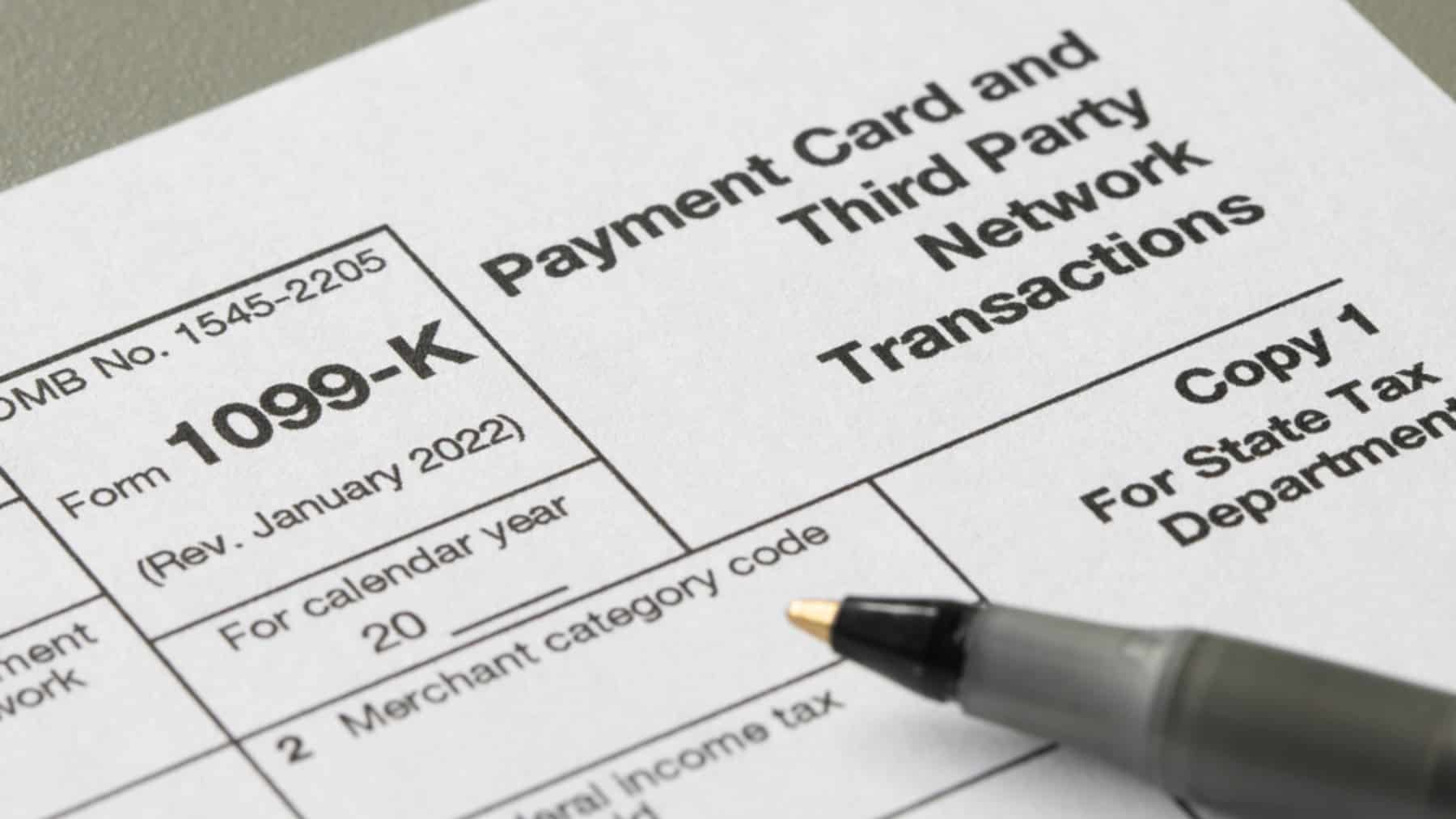The fiscal landscape in the United States is undergoing changes that have Americans confused. Recently, the reporting requirements for Form 1099-K, which tracks online sales transactions, have been reversed. Initially, platforms like StubHub, Ticketmaster, eBay, and Etsy were preparing to implement a low threshold driven by the 2021 American Rescue Plan. However, a spending package signed by then-President Donald Trump has altered the plans, restoring the reporting threshold to the higher figure ($20,000 and 200 transactions).
This action by the United States government has caused confusion, as according to analysts from Wolters Kluwer and the National Association of Tax Professionals, the Internal Revenue Service (IRS) and the United States Tax Administration have not changed the basic obligation: under the Internal Revenue Code, taxpayers must report all earnings. Experts from the American Institute of CPAs emphasize that the profit from sales is still taxable, regardless of whether the 1099-K is received or not, which Americans should be clear about when filing their tax return.
Changes to the 1099-K form
If you are one of those who sell leftover tickets or any other item online on platforms like StubHub, Ticketmaster, eBay, or Etsy, get a pen and paper ready to note all the changes you need to keep in mind when filing your tax return to avoid unexpected taxes. First of all, we need to clarify that it is the 1099-K form you will need to familiarize yourself with, as it is an informational document that payment platforms (such as Ticketmaster, StubHub, PayPal, etc.) send to the IRS (the U.S. tax agency) and to you.
It is used to report the gross amount of money you received from sales or services. Up to this point, everything makes sense: if you make a sale that generates a profit, the Internal Revenue Service (IRS) requires you to report it. If you fail to do so, you may face penalties, fines, and retroactive interest.
Where is the source of the confusion?
Until 2023, the maximum sales threshold was $20,000 and the number of transactions was 200. However, this threshold was intended to be changed through the American Rescue Plan Act of 2021, trying to lower the threshold to $600, only to raise it to $2,500 in 2025. I brought up this mess of modifications; it is important to have a clear understanding of the current rule: the new spending and tax package signed by President Trump restored the previous threshold (effective for 2025) to: More than $20,000 IN payments AND more than 200 transactions.
This means that for the fiscal year 2025, you will only receive a 1099-K form from a platform if you sell tickets or other items online and exceed both limits. This means that casual sellers who sell for less than that amount should not receive the form. According to Mark Luscombe, senior analyst at Wolters Kluwer Tax & Accounting in Riverwoods, Illinois, “Reporting requirements have been retroactively restored to $20,000 in payments and more than 200 transactions”.
Meanwhile, Tom O’Saben, enrolled agent and director of tax content and government relations for the National Association of Tax Professionals, explained that “the rule changes mean that if a seller falls short on any of the components, for example, making $15,000 through 50 sales in a year, the aggregated sales would not generate a 1099-K”.
Important aspects to keep in mind
Platforms can make mistakes and may or may not send a form when necessary. However, this submission also reaches the IRS, so receiving it or not does not change your tax obligation. You should consider the amount you may or may not exceed and when those benefits need to be declared. According to experts, one rule should be followed: the benefit is taxable. For this reason, it is important to keep detailed records of sales through receipts, screenshots that can demonstrate what your actual profit was and how much tax you owe.
According to Scott Klein, senior manager of tax policy and advocacy with the American Institute of CPAs, “If you sell a ticket with a profit, the gain – sale price minus the original cost, including fees – is taxable”. It is also important to remember that, as O’Saben pointed out, some states have their own federal law with specific thresholds, such as Massachusetts, Vermont, or Virginia. If you reside in any of these states, it is advisable to review the current regulations.





